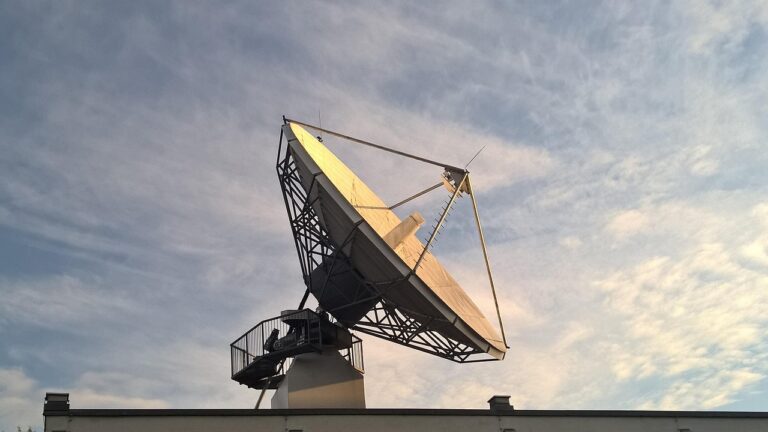The EU’s Galileo satellite navigation system will make history this week as the first global system to offer real-time authentication of its navigation messages. Starting 24 July, Galileo will activate OSNMA (Open Service Navigation Message Authentication), a new security feature that lets users verify whether the satellite data they receive is authentic and untampered.
The development was highlighted by the EUSPA in a press release on 22 July.
GNSS – Global Navigation Satellite Systems like Galileo or GPS – are essential for navigation, telecoms, banking, transport, and critical infrastructure. But the signals are vulnerable to spoofing (a method where attackers send fake satellite signals to mislead receivers). OSNMA defends against this by adding a cryptographic signature to Galileo’s existing signal. Most receivers already use this signal, so the upgrade requires only a software update and publicly available keys from the EU’s GNSS Service Centre.
EUSPA says the move is a major step in securing satellite-based services. While OSNMA doesn’t block spoofing entirely, it makes attacks far harder and easier to detect. After years of testing and independent security checks, Galileo becomes the first GNSS to offer this protection globally—strengthening Europe’s position in secure satellite navigation, EUSPA said.











